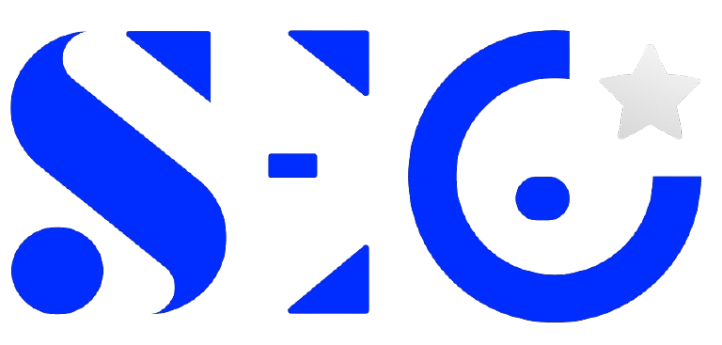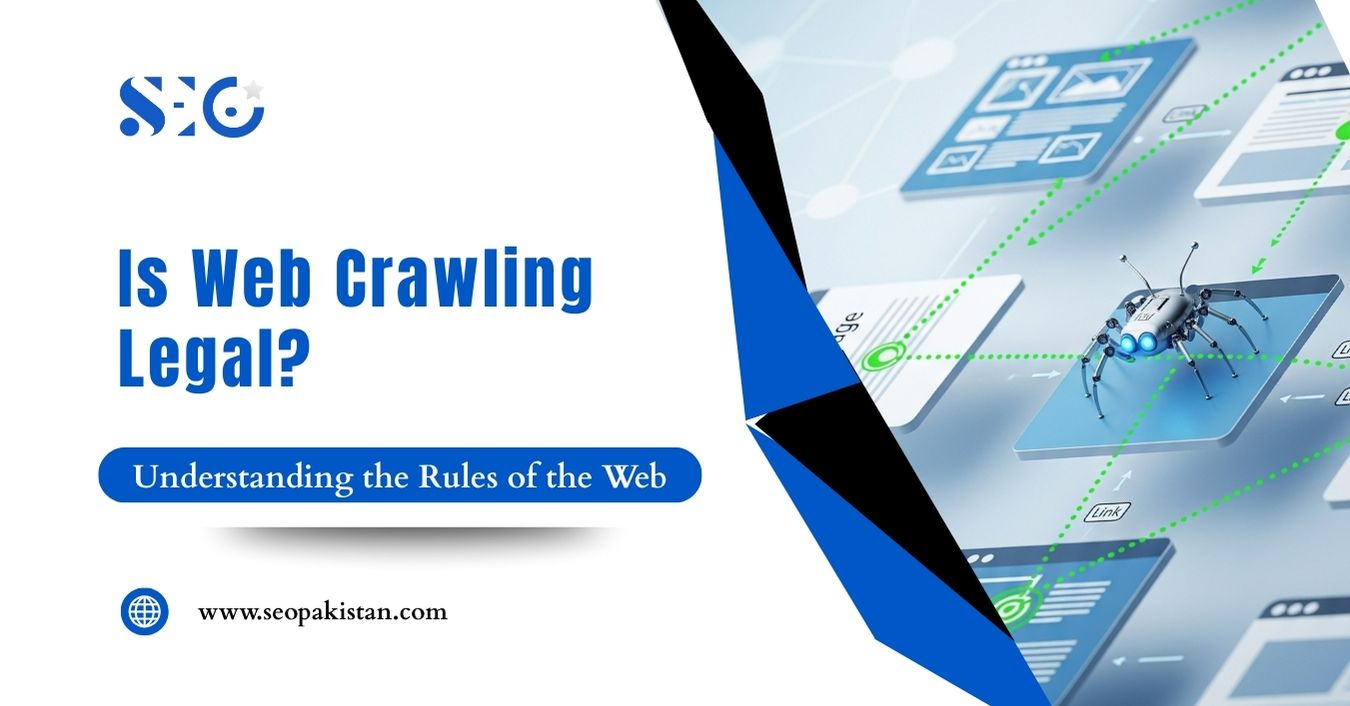Web crawling occupies a gray area that confuses many businesses and developers. The short answer? Yes, web crawling is legal, but with significant caveats that could land you in legal trouble if ignored.
The legality of web crawling hinges entirely on three critical factors: how you do it, what you crawl, and why you’re doing it. This distinction separates legitimate data collection from potential legal violations that have resulted in costly lawsuits and criminal charges.
Understanding these boundaries isn’t just about avoiding legal trouble. It’s about building sustainable data collection practices that respect the digital ecosystem while achieving your business goals. So, is web crawling legal?
This guide will provide you with a clear framework for navigating data scraping laws and ethical web practices.
The Foundation of Legality: Public Data vs. Private Data
The most fundamental legal principle in web crawling centers on a simple distinction that forms the basis of most court decisions and legal arguments.
Public Data represents information available to any user without authentication barriers. This includes content visible without passwords, logins, or paywalls. Courts have consistently ruled that crawling publicly accessible data generally falls within legal boundaries, treating such information as a public resource similar to reading a newspaper on a public bench.
However, “publicly accessible” doesn’t mean “free to use without restrictions.” Websites can still impose terms of service that limit how their public data can be accessed and used.
Private Data encompasses information requiring authentication or explicitly marked as non-public. This includes content behind login walls, password-protected areas, or data marked with access restrictions. Accessing this information through crawling violates both legal and ethical boundaries.
The question “Is Web Crawling Legal?” frequently stems from the possible outcomes of accessing private data. Unauthorized access to protected systems can lead to criminal charges under computer fraud laws, civil lawsuits for data theft, and hefty financial penalties.
Legal Precedents & Frameworks That Govern Crawling
Various legal frameworks and significant court cases have influenced the present interpretation of web crawling laws.
The Computer Fraud and Abuse Act (CFAA):

The CFAA serves as the foundation of U.S. laws focused on preventing unauthorized access to computer systems. It seeks to prevent unlawful activities on digital platforms while leaving room for interpretation, especially concerning publicly accessible data.
- Governs unauthorized computer access and exceeding authorized access.
- Vague definitions of “authorization” have led to varied court interpretations.
- Generally supports the legality of crawling publicly available data.
- Designed to balance cybersecurity concerns and digital innovation.
Key Case: hiQ Labs v. LinkedIn:
It established critical precedents for accessing publicly available information on the internet.
- Determined that accessing publicly available data through scraping does not breach the CFAA.
- Highlighted that LinkedIn could not use the CFAA to block hiQ from accessing public profiles, despite explicit prohibitions by LinkedIn.
- Reinforced the legal acceptance of crawling data made openly available to the public.
- Set a standard for how businesses must differentiate between public and private data access.
GDPR (General Data Protection Regulation):
The GDPR is an extensive privacy regulation aimed at safeguarding the personal information of individuals residing in the EU. It adds complexity to global data operations, especially for those handling personal information.
- Allows data crawling but prohibits collecting personally identifiable information (PII) from EU residents without a clear legal basis.
- Mandates businesses to justify data collection and ensure compliance with privacy rights.
- Increases penalties for non-compliance, making adherence critical for global operations.
Additional Regulations:
Beyond the CFAA and GDPR, a range of laws governs web crawling and data collection, depending on the location and target audience.
- US state-level laws like the California Consumer Privacy Act (CCPA) impose strict requirements on data usage.
- Other international regulations, such as Canada’s PIPEDA and Australia’s Privacy Act, may apply based on audience demographics.
- Cross-border operations require understanding and adapting to multiple regulatory frameworks.
The Golden Rules of Ethical and Legal Crawling

Staying within legal boundaries requires following established technical standards and respecting website policies. What specific practices separate legal crawling from potentially illegal activity?
Essential Do’s for Legal Web Crawling:
- Respect robots.txt files: These files specify crawling permissions and restrictions that websites explicitly set for automated visitors
- Honor meta directives: Follow nofollow tags, noindex instructions, and other meta directives that websites use to control crawler behavior
- Set reasonable crawl rates: Implement delays between requests to avoid overwhelming servers or creating denial-of-service conditions
- Crawl only public content: Limit activities to information accessible without authentication or special permissions
- Use legitimate user agents: Identify your crawler accurately, rather than disguising it as a regular browser
Critical Don’ts That Risk Legal Trouble:
- Never crawl private content: Avoid password-protected areas, member-only sections, or any content requiring login credentials
- Don’t ignore terms of service: Website terms can create contractual obligations that override general crawling permissions
- Avoid server disruption: High-volume requests that slow or crash websites can trigger legal action under various laws
- Don’t harvest personal data carelessly: Collecting personal information without a proper legal basis violates privacy regulations
- Never circumvent access controls: Using techniques to bypass technical restrictions clearly signals unauthorized access
Following these guidelines creates a foundation for legal crawling while minimizing risks of legal challenges or technical conflicts with website operators.
The Bottom Line on Web Crawling Legality
Web crawling legality isn’t determined by the technology itself but by how responsibly and ethically you implement it. The question isn’t whether web crawling is inherently legal or illegal; it’s whether your specific crawling activities respect both legal boundaries and digital community standards.
Successful crawling operations balance business needs with technical respect for website infrastructure and legal compliance with applicable regulations. This approach protects against legal risks while maintaining access to valuable public data sources.
The question “Is Web Crawling Legal?” will continue to surface as courts refine legal interpretations and new regulations emerge. Staying informed about these changes and adhering to ethical practices is key to ensuring your web crawling activities remain legally sound and technically sustainable.
Looking to enhance your online presence? Visit SEO Pakistan for expert solutions to boost your rankings and grow your business.
Frequently Asked Questions
Is web crawling illegal?
Web crawling is generally considered legal, but its legality depends on how it is done, what is being crawled, and for what purpose. Aggressive or malicious crawling that violates a site’s terms of service can lead to legal trouble.
What is the “Public Data vs. Private Data” rule?
The rule distinguishes between publicly available information that is accessible without authentication, which is generally legal to crawl, and private data that requires a login or password, which is illegal to access through crawling.
How does the CFAA apply to web crawling?
The Computer Fraud and Abuse Act (CFAA) governs unauthorized computer access and has been used to prosecute unlawful activities on digital platforms.
Does GDPR affect web crawling?
Yes, GDPR adds a layer of complexity for global operations. While crawling itself is not a violation, collecting personally identifiable information (PII) of EU residents without a clear legal basis is prohibited under GDPR.
What are the key best practices for legal crawling?
The golden rules of ethical crawling include respecting robots.txt files, honoring nofollow tags, setting polite crawl rates, and limiting activity to publicly accessible content.













